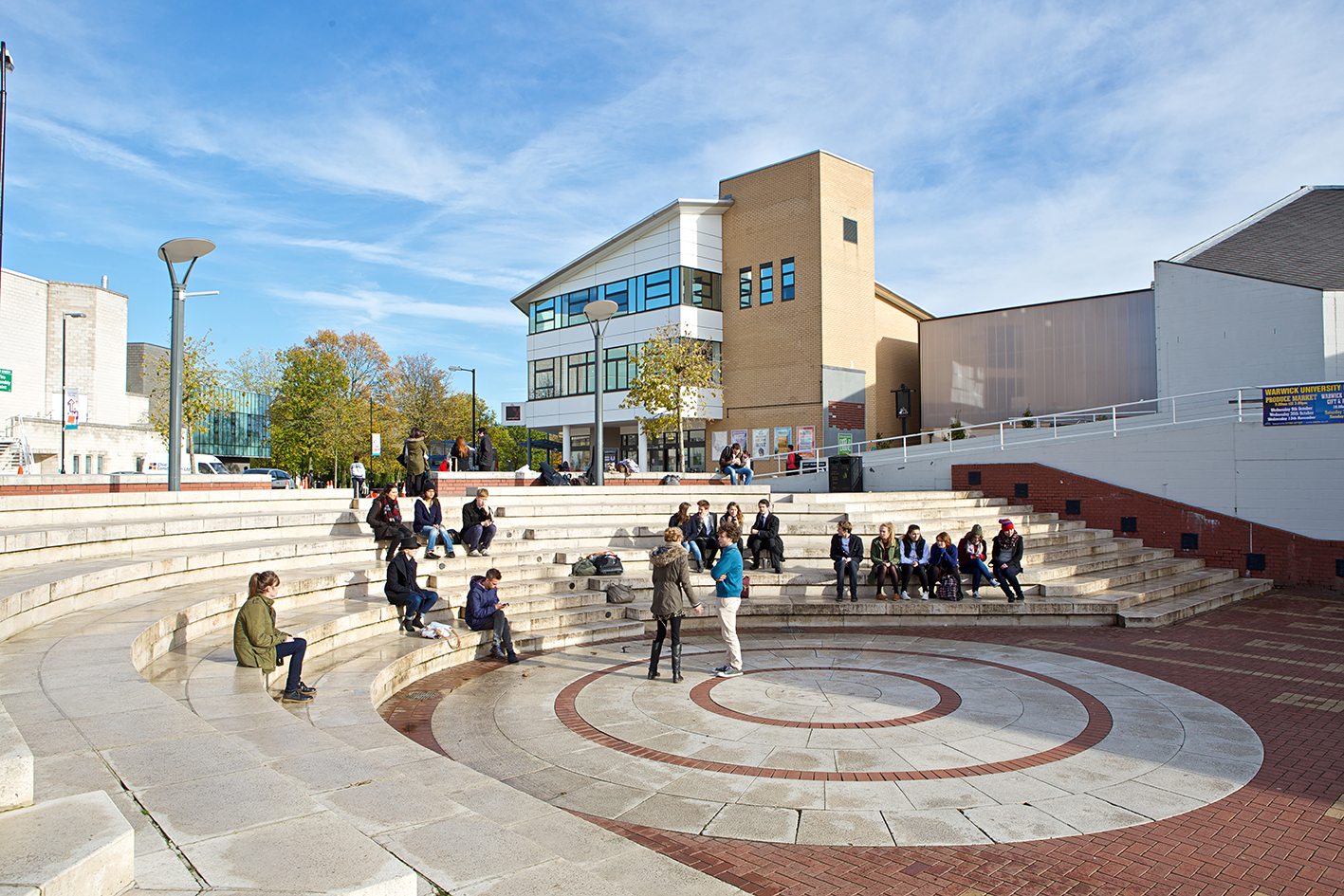Warwick among the top ten cheapest UK universities
Warwick University has been ranked the 7th cheapest university to study at in the UK in a recent study.
The research, entitled ‘Degree of Value’, was conducted by price comparison website gocompare.com, and considered variables such as the price of halls, travel, social life and book costs.
It found that Warwick students pay on average £16,850 every year for their degree. Beyond £9000 of tuition fees, this included £4308 on average per year for accommodation, £300 on travel and £1029 on groceries.
The average Warwick student also reportedly spends £1140 every year on their social life, and £450 on clothes, which require a mean of £240 a year in laundry costs to keep clean.
Warwick has the joint fourth lowest book costs in the UK, at £168 per year, though gym costs faired much worse at £216 every year, the same amount a Loughborough student pays for their membership.
This all compared to much higher costs at regional rivals such as Coventry University, where students pay £19,740, and Birmingham University which sets students back £21,809 each year.
Warwick also outcompeted other Russel Group universities for value. University College London, ranked two places below Warwick in tenth on the Complete University Guide, costs an average of £25,664; and Durham, in sixth place, values at £19,564 per year.
The only other Russell Group university accompanying Warwick in the top ten cheapest universities was Loughborough, whose students pay £59 less than Warwick’s annually.
The most expensive region of the UK was London, where Regent’s University – which costs £38,854 every year – ranked the most expensive institution in the country. Abertay University in Scotland, meanwhile, was cheapest at £15,880 each year.
For Warwick students receiving full tuition fee loans from Student Finances, this means there is a £7850 deficit to fill annually. The NUS quotes that the average student living outside of London receives £4335 of means-tested maintenance loan each year, meaning that students must fund the remaining amount from their personal finances. In 2014, The Guardian stated that 1 in 7 UK students worked part-time alongside their studies to service this.
Samuel Carter, a Post-Graduate Engineer, commented: “This doesn’t actually surprise me too much, especially that the most expensive region is the capital. It seems to closely mirror simply the living costs of various areas and doesn’t necessarily mean Warwick is doing anything special to help us.”
Michael Kynaston, a History Finalist who serves on the Democracy Executive, added: “I’m normally pretty broke and have to work part-time, so I was surprised by this! Always nice to see that Coventry pay more than us, though.”

Comments